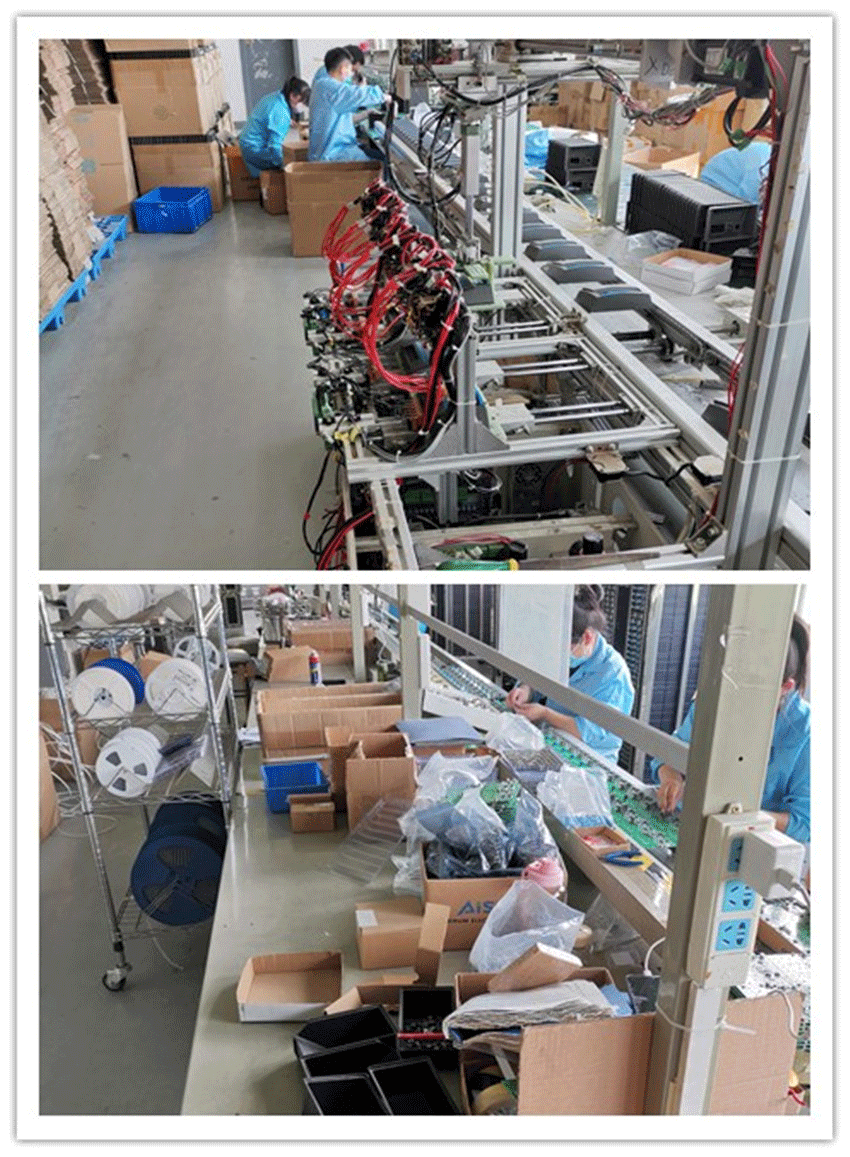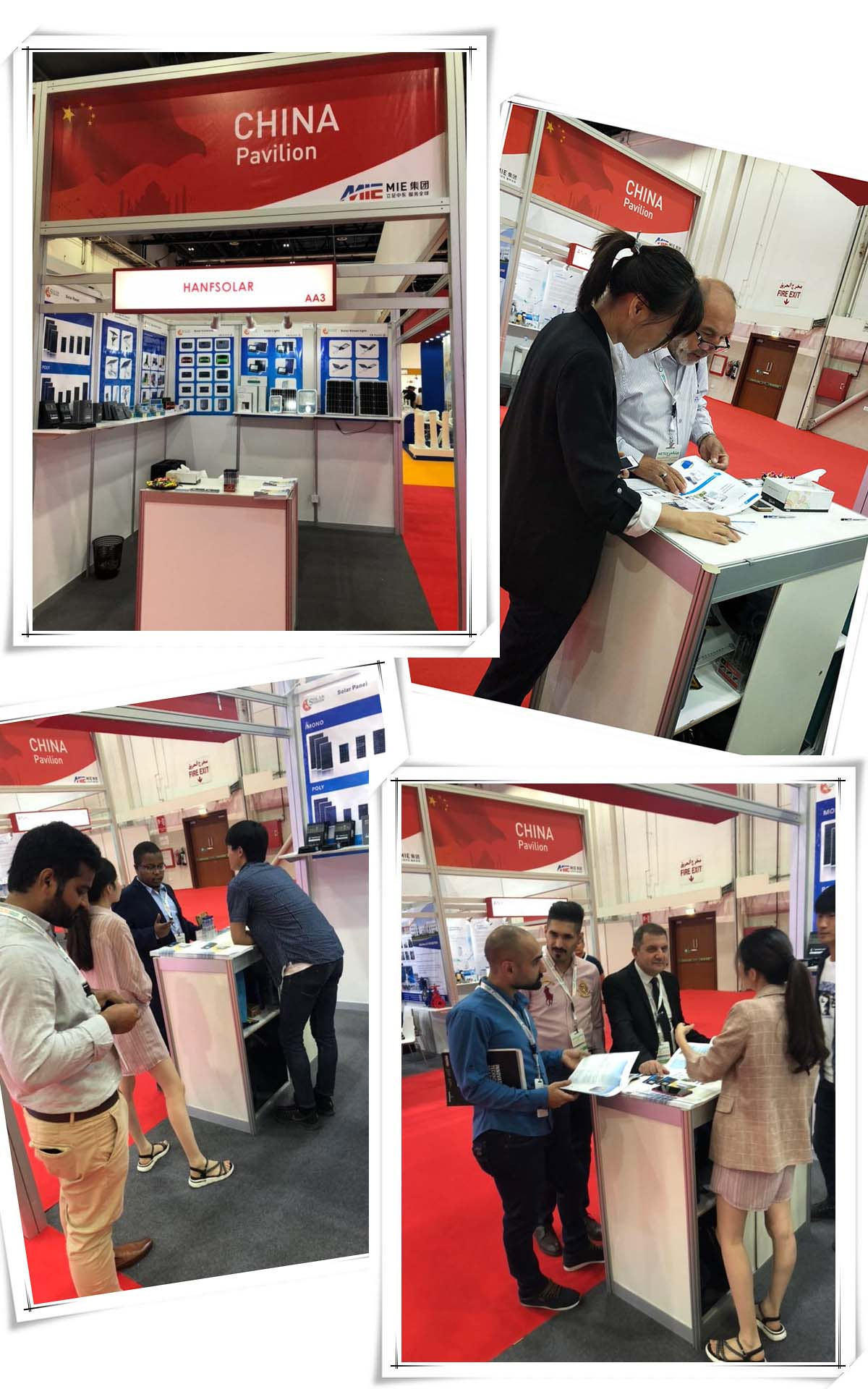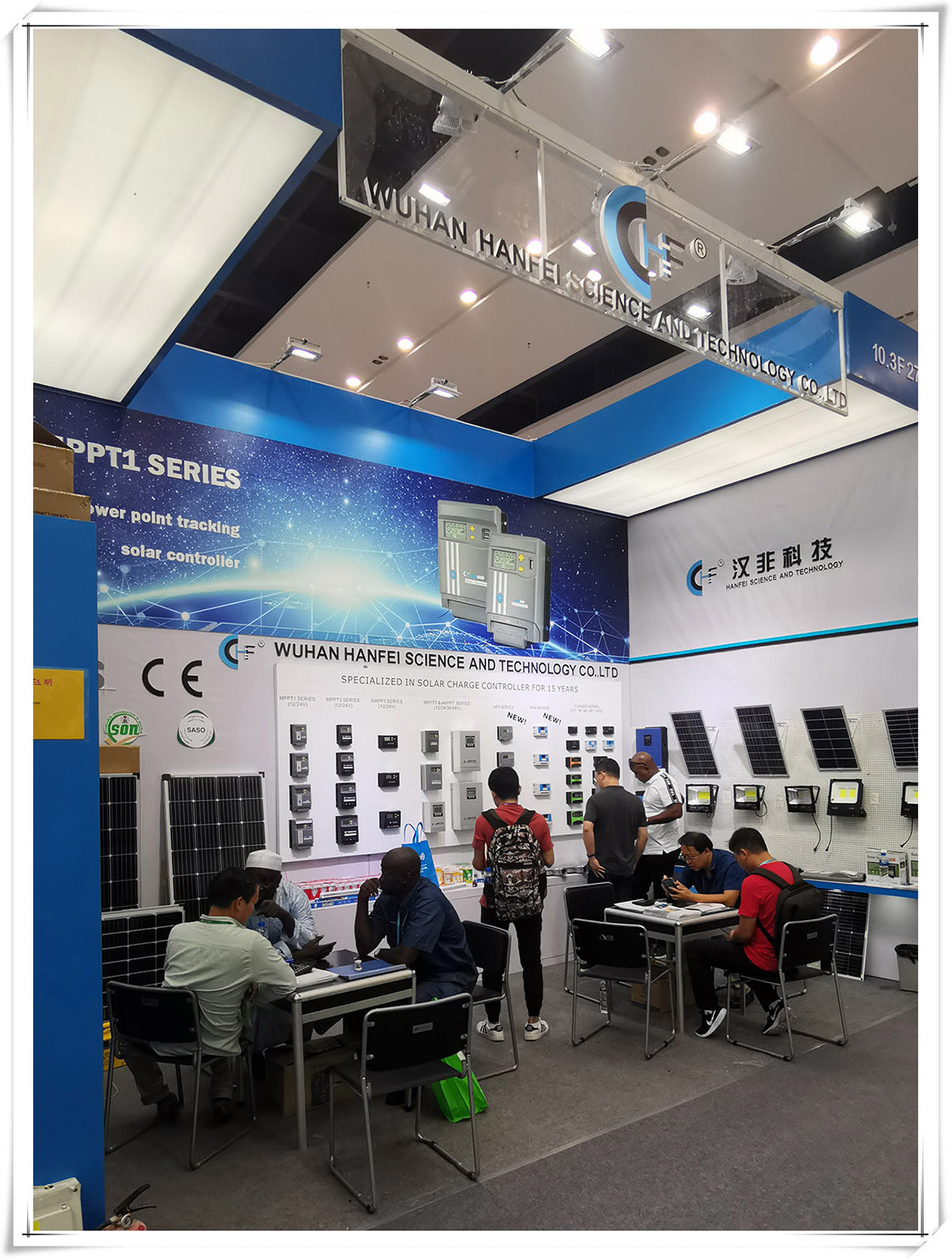News and Information

Exploring the Benefits of PWM Solar Chargers in Electrical Engineering and Renewable Energy
Release date:
2023-09-27 09:20
Source:
Title: Maximizing Efficiency and Reliability with PWM Solar Chargers
Introduction: In the realm of electrical engineering and renewable energy, the utilization of solar power has gained significant momentum. One crucial component that plays a vital role in the solar energy ecosystem is the PWM solar charger. In this article, we will delve into the fascinating world of PWM solar chargers and explore their benefits, without any mention of commitments, prices, or specific brands.
A PWM solar charger, also known as a Pulse Width Modulated solar charger, is an essential device used to charge batteries and power electronic devices using solar energy. This sophisticated technology ensures optimal energy conversion, making it an invaluable tool in the realm of solar power.
One of the primary advantages of PWM solar chargers is their ability to efficiently regulate the charging process. By adjusting the width of the charging pulses, these chargers can carefully control the flow of energy from the solar panels to the batteries. This feature optimizes the charging efficiency, ensuring that the batteries receive the appropriate amount of power they need for optimal performance and longevity.
Additionally, PWM solar chargers offer several protective mechanisms that enhance the reliability and safety of the charging process. These chargers incorporate features such as overcharge protection, reverse polarity protection, and short-circuit protection. These safeguards prevent damage to the batteries and other connected electronic devices, ensuring their longevity and preventing accidents.
In terms of compatibility, PWM solar chargers are versatile and can be used with various types of batteries, including lead-acid batteries, lithium-ion batteries, and gel batteries. This flexibility makes them suitable for a wide range of applications, from small-scale residential setups to large-scale industrial projects.
Furthermore, PWM solar chargers often include user-friendly interfaces and displays, allowing users to monitor the charging process and battery status with ease. This real-time information enables users to make informed decisions and optimize their energy consumption.
In conclusion, PWM solar chargers have revolutionized the field of electrical engineering and renewable energy. Their ability to efficiently regulate the charging process, coupled with their protective mechanisms and compatibility, make them an indispensable component in solar power systems. By harnessing the power of PWM solar chargers, professionals in the industry can maximize efficiency and reliability in their projects, contributing to a sustainable future.
Introduction: In the realm of electrical engineering and renewable energy, the utilization of solar power has gained significant momentum. One crucial component that plays a vital role in the solar energy ecosystem is the PWM solar charger. In this article, we will delve into the fascinating world of PWM solar chargers and explore their benefits, without any mention of commitments, prices, or specific brands.
A PWM solar charger, also known as a Pulse Width Modulated solar charger, is an essential device used to charge batteries and power electronic devices using solar energy. This sophisticated technology ensures optimal energy conversion, making it an invaluable tool in the realm of solar power.
One of the primary advantages of PWM solar chargers is their ability to efficiently regulate the charging process. By adjusting the width of the charging pulses, these chargers can carefully control the flow of energy from the solar panels to the batteries. This feature optimizes the charging efficiency, ensuring that the batteries receive the appropriate amount of power they need for optimal performance and longevity.
Additionally, PWM solar chargers offer several protective mechanisms that enhance the reliability and safety of the charging process. These chargers incorporate features such as overcharge protection, reverse polarity protection, and short-circuit protection. These safeguards prevent damage to the batteries and other connected electronic devices, ensuring their longevity and preventing accidents.
In terms of compatibility, PWM solar chargers are versatile and can be used with various types of batteries, including lead-acid batteries, lithium-ion batteries, and gel batteries. This flexibility makes them suitable for a wide range of applications, from small-scale residential setups to large-scale industrial projects.
Furthermore, PWM solar chargers often include user-friendly interfaces and displays, allowing users to monitor the charging process and battery status with ease. This real-time information enables users to make informed decisions and optimize their energy consumption.
In conclusion, PWM solar chargers have revolutionized the field of electrical engineering and renewable energy. Their ability to efficiently regulate the charging process, coupled with their protective mechanisms and compatibility, make them an indispensable component in solar power systems. By harnessing the power of PWM solar chargers, professionals in the industry can maximize efficiency and reliability in their projects, contributing to a sustainable future.
Recommended News
RECOMMEND NEWS
Wuhan Hanfei Technology Co., Ltd. has started! ! !
2025-09-17
On April 8, 2020, Wuhan City completely lifted the ban, and our Wuhan Hanfei also resumed production. Now welcome new and old customers to consult.
Hanfei Technology participated in the 2019 Dubai Exhibition
2025-09-17
Hanfei Technology participated in the 2019 Dubai Exhibition
Hanfei Technology is waiting for you at the 126th Canton Fair
2025-09-17
The 126th Canton Fair was held from October 15th to May 5th in Guangzhou Pazhou Complex.






